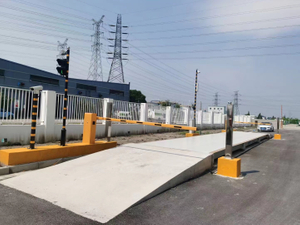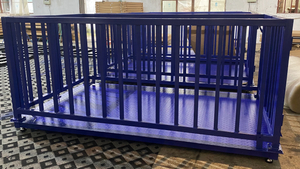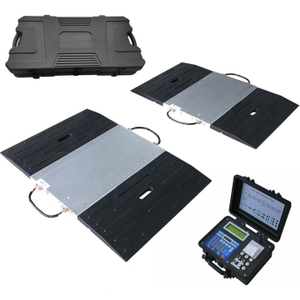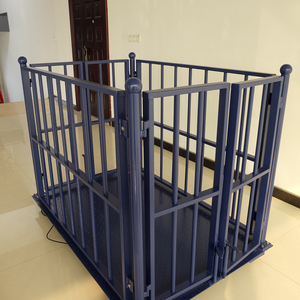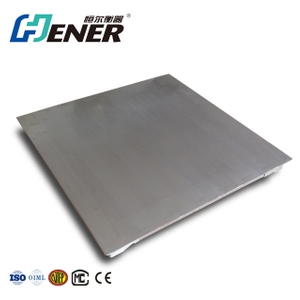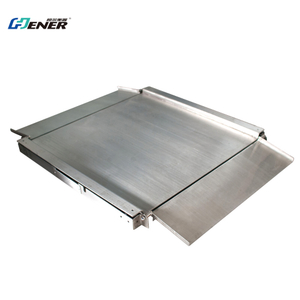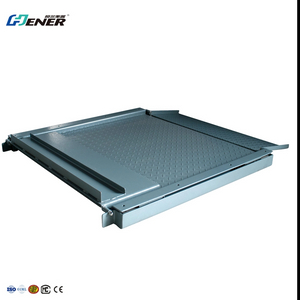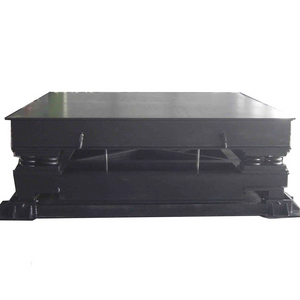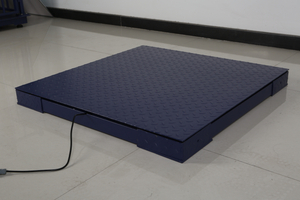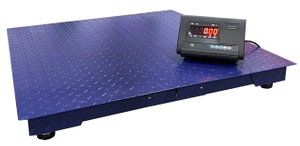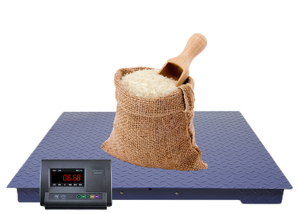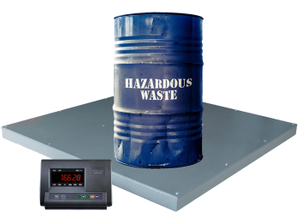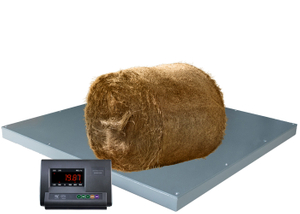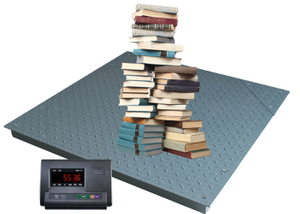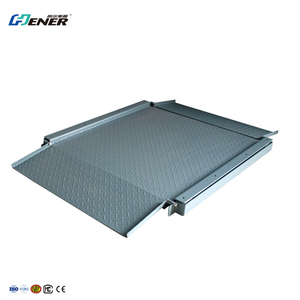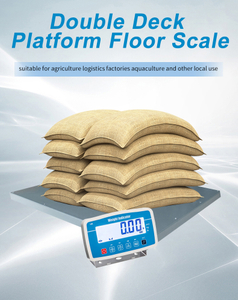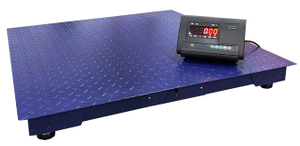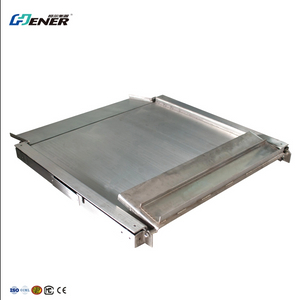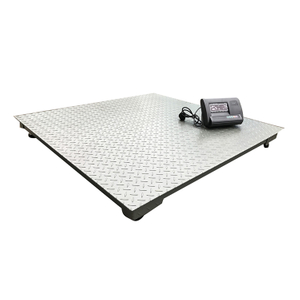Evolution and Applications of Industrial Platform Scales and Balances
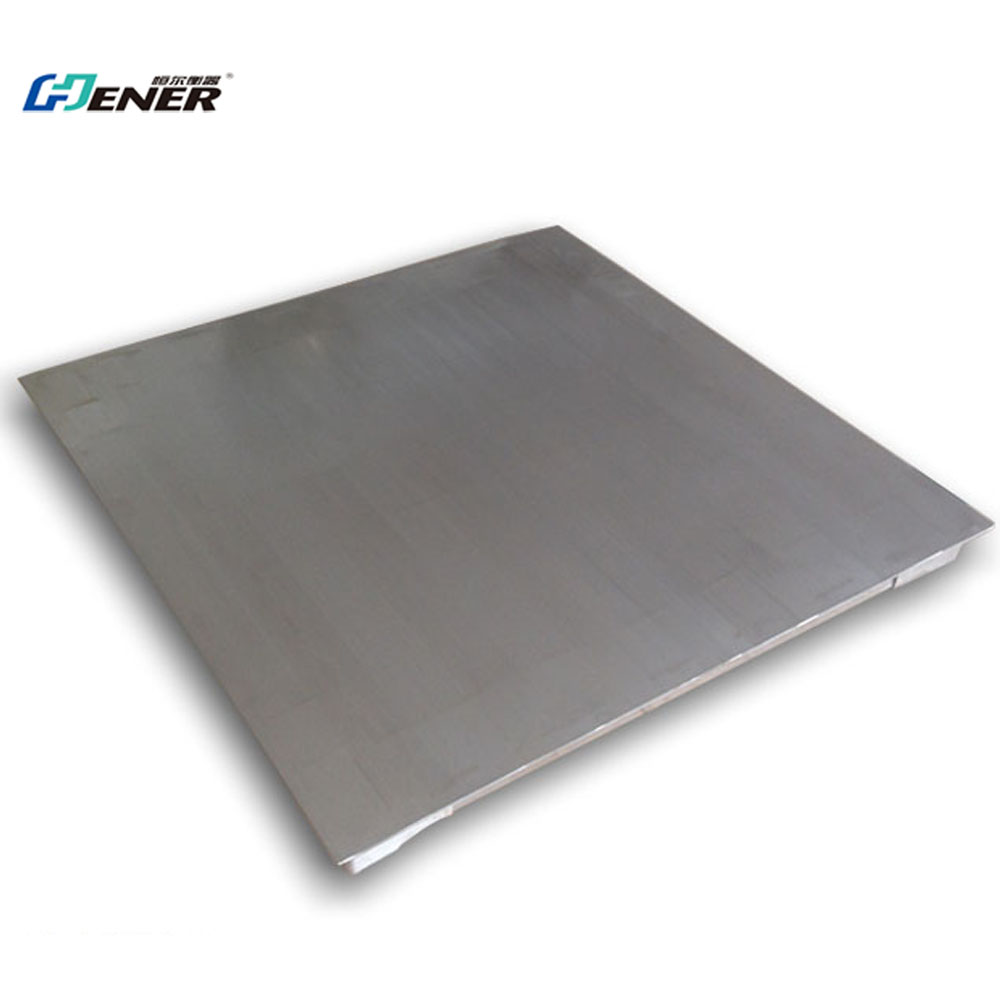
Introduction to Industrial Platform Scales and Balances
Industrial platform scales and balances represent a cornerstone in the world of manufacturing, logistics, and commerce. These precision instruments have evolved significantly over centuries, from rudimentary weight measures to sophisticated digital systems capable of measuring with unparalleled accuracy. In this comprehensive exploration, we delve into the history, technology, applications, and future trends of industrial platform scales and balances.
Historical Development: From Ancient Origins to Modern Precision
Early Beginnings and Ancient Innovations
The concept of weighing objects dates back to ancient civilizations such as the Egyptians and Mesopotamians, who used balances made of stone and later metals like bronze. These early balances were pivotal in trade and commerce, ensuring fairness and accuracy in transactions. The Roman Empire further refined these techniques, utilizing beam balances for precise measurements of commodities.
Medieval Advances and Renaissance Precision
During the Middle Ages, the Islamic Golden Age saw advancements in scientific instruments, including scales and balances. Scholars like Al-Khwarizmi and Al-Biruni contributed to the understanding of weight and balance principles, laying the groundwork for future developments. The Renaissance period marked a resurgence in European innovation, with craftsmen and scientists enhancing the accuracy and reliability of balances through improved materials and craftsmanship.
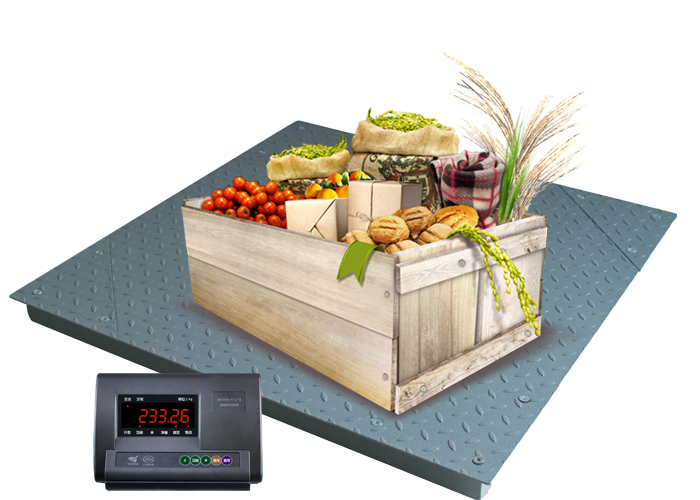
Industrial Revolution and Technological Leap
The advent of the Industrial Revolution in the 18th century brought about revolutionary changes in scale manufacturing. Industrialization spurred mass production of scales, employing new materials such as steel and brass. Mechanical balances evolved into more complex designs capable of measuring larger loads with greater precision, supporting the burgeoning industries of the time.
Technological Evolution: From Mechanical to Digital Precision
Mechanical Scales: Robustness and Reliability
Mechanical platform scales dominated industrial applications well into the 20th century. These scales operated on the principles of levers and counterweights, offering robustness and reliability in harsh industrial environments. They were commonly found in warehouses, factories, and shipping docks, where their simple yet effective design made them indispensable tools for measuring bulk commodities.
Introduction of Electronic Scales: Precision and Automation
The latter half of the 20th century witnessed a paradigm shift with the introduction of electronic scales. These scales replaced mechanical components with strain gauge load cells and electronic sensors, significantly enhancing precision and measurement capabilities. Digital readouts provided instant and accurate weight readings, while automation features allowed for integration with other industrial processes such as inventory management and logistics.
Advancements in Digital Technology: Connectivity and Smart Features
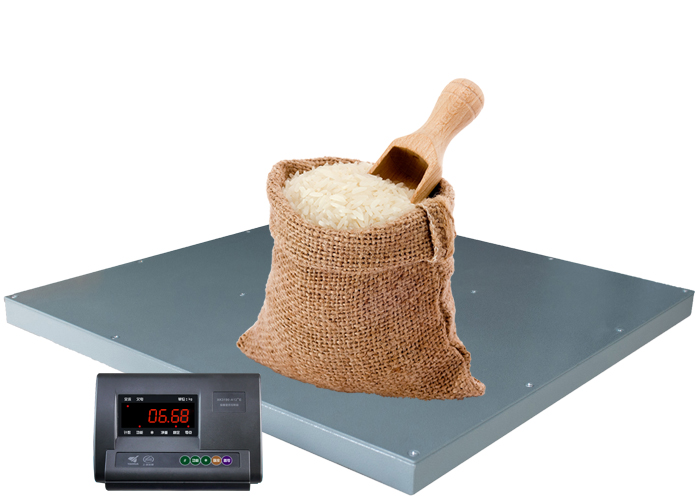
In recent decades, digital scales have continued to evolve with advancements in microprocessor technology and connectivity. Modern industrial platform scales are equipped with features such as wireless data transmission, integration with ERP systems, and cloud-based analytics. These smart scales not only measure weight but also gather data on product quality, throughput rates, and operational efficiency, empowering businesses with actionable insights for decision-making.
Applications Across Industries: Versatility and Specialized Uses
Logistics and Shipping: Ensuring Accuracy and Compliance
Industrial platform scales play a crucial role in logistics and shipping operations, where accurate weight measurements are essential for compliance with transportation regulations. Freight companies rely on platform scales to determine the weight of cargo containers, ensuring they adhere to maximum load capacities for safety and efficiency during transit.
Manufacturing and Production: Precision in Process Control
In manufacturing environments, platform scales are integral to ensuring quality control and adherence to production specifications. From weighing raw materials and ingredients to measuring finished products, scales contribute to consistency and uniformity in batch manufacturing processes. They also support inventory management by providing real-time data on material usage and production output.
Agriculture and Food Processing: Optimizing Yield and Quality
In agriculture and food processing industries, platform scales are used for weighing harvested crops, livestock, and processed goods. Farmers rely on accurate weight measurements to optimize yield estimates and manage inventory levels effectively. In food processing plants, scales play a critical role in portion control, ensuring product consistency and compliance with regulatory standards for packaging and labeling.
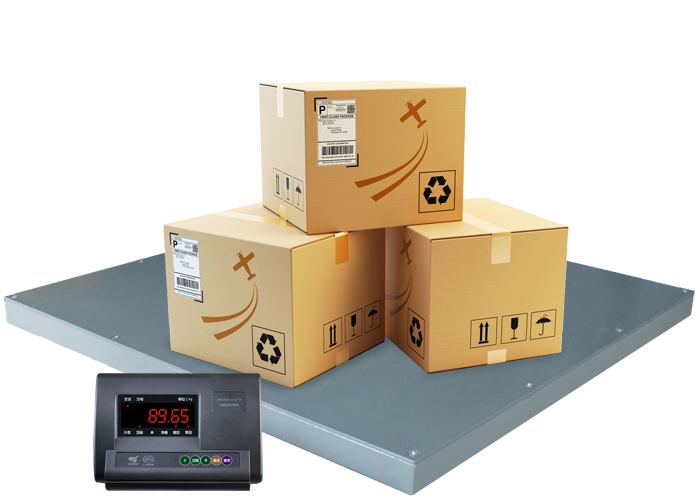
Healthcare and Pharmaceuticals: Precision and Compliance
In healthcare settings, precision balances are essential tools for measuring medications, compounds, and ingredients with utmost accuracy. Pharmacists and healthcare professionals rely on these balances to prepare prescriptions and formulations according to precise dosage requirements. Pharmaceutical manufacturers also utilize high-precision balances for research and development, ensuring the safety and efficacy of new drug formulations.
Challenges and Innovations: Addressing Complexity and Future Trends
Environmental Factors and Calibration Challenges
One of the ongoing challenges in the use of industrial platform scales is the influence of environmental factors such as temperature fluctuations and vibrations. These factors can affect the accuracy of weight measurements, necessitating regular calibration and maintenance. Innovations in sensor technology and digital compensation techniques aim to mitigate these challenges, ensuring consistent performance in diverse operating conditions.
Integration with IoT and AI: Enhancing Predictive Maintenance
The integration of industrial scales with Internet of Things (IoT) platforms and artificial intelligence (AI) algorithms represents a significant trend in the industry. Smart scales equipped with IoT sensors can monitor performance metrics in real time, enabling predictive maintenance schedules based on usage patterns and environmental conditions. AI algorithms analyze data from multiple scales to optimize operational efficiency and identify potential issues before they impact production.
Sustainability and Eco-Friendly Designs
As sustainability becomes a priority across industries, manufacturers are developing eco-friendly scales with reduced energy consumption and recyclable materials. Energy-efficient load cells and digital displays contribute to lower operational costs and environmental impact. Furthermore, advances in battery technology enable wireless scales to operate for extended periods without requiring frequent battery replacements, enhancing sustainability in logistics and warehousing operations.
The Future Landscape of Industrial Platform Scales and Balances
Industrial platform scales and balances have evolved from ancient balance beams to sophisticated digital systems that integrate seamlessly into modern industrial processes. Their role in ensuring accuracy, compliance, and efficiency across various sectors—from logistics and manufacturing to healthcare and agriculture—underscores their importance in today's interconnected global economy. As technology continues to advance, with innovations in IoT, AI, and sustainability, the future promises even greater capabilities and applications for these indispensable instruments.
Through centuries of innovation and adaptation, industrial platform scales and balances have remained steadfast in their mission to provide reliable measurements and support operational excellence. As industries evolve and new challenges emerge, these instruments will continue to play a pivotal role in shaping the future of industrial efficiency, precision, and sustainability.
English
العربية
Français
Русский
Español
Português
Deutsch
italiano
Nederlands
Tiếng Việt
ไทย
Polski
Türkçe
ភាសាខ្មែរ
Bahasa Melayu
Filipino
Bahasa Indonesia
Română
Čeština
Монгол
қазақ
Српски
हिन्दी
Slovenčina
Slovenščina
Norsk
Svenska
Ελληνικά
Suomi
Հայերեն
Latine
Dansk
Shqip
Hrvatski
Afrikaans
Gaeilge
Eesti keel
Oʻzbekcha
latviešu
Azərbaycan dili
Беларуская мова
Български
ქართული
guarani
Кыргызча
Lietuvių
Македонски
Malti
Soomaali
Тоҷикӣ
Türkmençe





